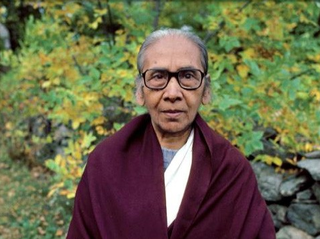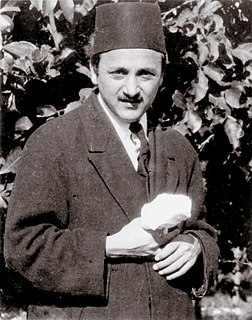A Quote by Janet Mock
Anytime that we - and when I say "we," I mean feminine people, trans feminine folk, women - do anything that is centered on our own pleasure or desire, it's seen as frivolous. But learning how to love your own body and finding pleasure in something that has brought you pain [in the past] is so important. I think that it's probably a greater struggle for trans folk, because we struggle more with our bodies.
Related Quotes
I think it's really important to champion stories from trans women and trans women of color. That demographic has gone unheard and unsupported for so long, and it's really the community that's struck the hardest by a lot of issues. I try to do a lot of work to champion trans feminine issues and stories, but that said, I do have a personal and deep investment in seeing trans masculine stories reflected in culture. It is a little disappointing to me that trans men and trans masculine people have not really been part of this media movement that we're experiencing right now.
The hardest part of being a Christian is surrendering and that is where the real struggle happens. Once we have overcome our own desire to be elevated, our own desire to be recognized, our own desire to be independent and all those things that we value very much because we are Americans and we are part of this American culture. Once we have overcome that struggle then God can use us as a part of His body to accomplish what the body of Christ was left here to accomplish.
When we say that pleasure is the end, we do not mean the pleasure of the profligate or that which depends on physical enjoyment--as some think who do not understand our teachings, disagree with them, or give them an evil interpretation--but by pleasure we mean the state wherein the body is free from pain and the mind from anxiety.
I am a trans woman. My sisters are trans women. We are not secrets. We are not shameful. We are worthy of respect, desire, and love. As there are many kinds of women, there are many kinds of men, and many men desire many kinds of women, trans women are amongst these women. And let’s be clear: Trans women are women.
Trans voices are really underrepresented, and trans stories are really underrepresented, and when they are presented, they're often reductive. I was interested in putting a trans person and a trans narrative on stage that didn't fall into cliché, that thought a bit more deeply about the experience of being trans, and how those issues tie into things that we all experience. How we tell the story of our lives, versus what might have actually happened, and how we communicate to our former selves. All of those questions were really interesting to me.
It is important to distinguish between sense-pleasure and sense-desire. There is nothing wrong with sense-pleasure. Pleasure and pain are part of our human experience. Sense-desire, on the other hand, is the grasping at pleasure or the avoidance of pain. This is what creates suffering-grasping and avoidance.
One particular debate that I have seen play out again and again is whether trans people who have more traditional gender expressions or who "pass" more should be the ones who are represented. A recent advocacy guide focused on advocating around trans health care access produced by the largest trans advocacy organization in the US instructs readers that advocacy will be more successful if the message is delivered by people who pass as non-trans men and women.
When you hear anyone policing the bodies of trans women, misgendering and othering us, and violently exiling us from spaces, you should not dismiss it as a trans issue that trans women should speak out against. You should be engaged in the dialogue, discourse, and activism that challenges the very fibers of your movement.
There are still many homeless trans folk wandering the streets. They are still harassed on the street by bystanders and police officers. We still face many administrative hurdles in every aspect of our lives. If anything, things are actually getting harder for us, because now there are people who are using our visibility as an excuse to say that we are already receiving fair and honest treatment, when the reality is that we are still in bad shape as a community.



































